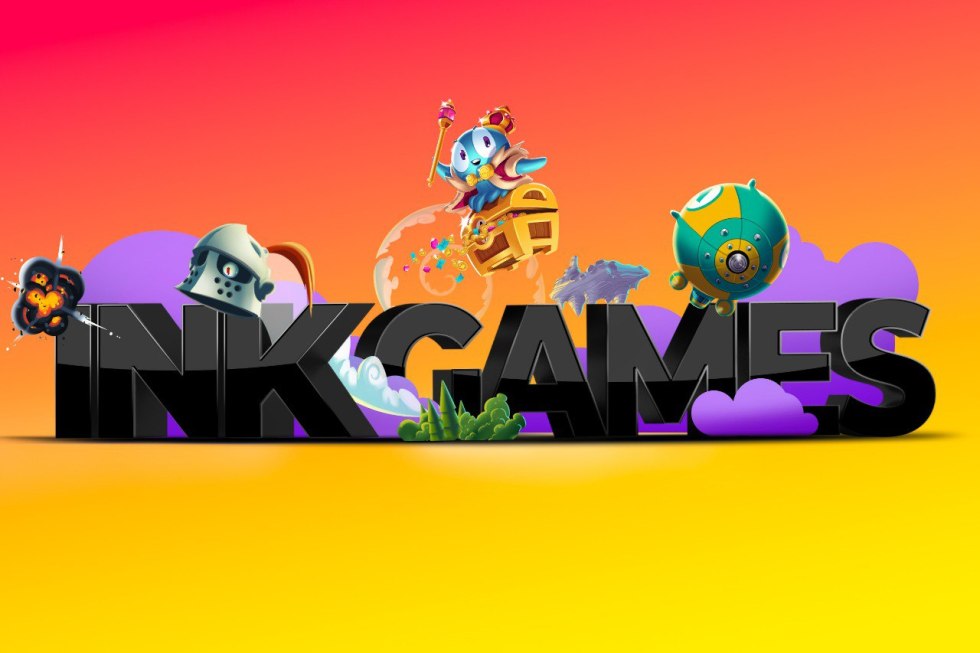Beginning with Web2 principles will add the appeal that Web3 gaming needs to go mainstream.
Future Web3 game winners will be those who focus on great gameplay first, and then introduce tokenization or other decentralized elements.
In a recent report on Web3 gaming, Vice writes:
“There just aren’t many fun, or functional, Web3 games to play currently. The most prominent examples have been resounding failures: Axie Infinity has sputtered due to inflated token supplies and an inability to attract new users to offer old users exit liquidity. It’s also barely a game, and the most bought-in “players” usually hire others to actually do the playing for them.”
Game Developer notes that monetization mechanisms in GameFi or web3-style, pay-to-play games “can have an effect on gameplay” – and rarely is this positive.
The sluggish uptake of Web3 games can be blamed on a simple fact: developers rarely prioritize gameplay over the “earning” aspects of a project.
“Instead of creating beautiful and engaging games, studios burn resources creating hype and pushing token experiences that don’t fit,” shares Josh Gause, President, Chief Creative Officer, and Co-Founder at INK Games.
The tactic backfires when the playability of a play-to-earn (P2E) game is not high enough to attract and engage gamers organically without financial incentive.
Similarly, UniX Gaming points out that P2E devolves into a type of “job” – gamers do something and cash out.
In most cases, game studios have not offered elegant solutions to address the technical barriers to entry that exist for the average gamer who is not familiar with crypto.
Current Web3 games still tend to require complicated wallet installs and separate password or key management. Hackernoon highlights other chaotic issues like convoluted ‘know your customer’ (KYC) registration steps.
“The first wave of Web3 games has not panned out, partly due to the fact that these games… were not particularly fun. Once the money stopped coming out of these games, people stopped playing. To keep people in the game, games need to be fun.”
Chiyoung Kim – Head of Partnerships – Playground Labs
Web3 Gaming is Dead. Long Live Web2.5
Shifting to Web3: An evolution, not a revolution
The vision for decentralization via improved user participation and ownership is important, but cannot be rushed. Decrypt acknowledges the reality that an industry shift will be more of an “evolution, not a revolution” and will require tens of millions of ecosystem participants to have fulfilling game economies long-term.
“We believe that a Web2.5 style experience is too often overlooked in the rush to capitalize on Web3 buzz,” shares Mark Tait, COO at INK Games.
His team has published their newest mobile title, Prize Kingdoms, with this in mind.
The AAA-quality, mobile casual board game represents an original gaming model called “free-to-earn” that offers gamers new incentives and opportunities to win real prizes and both fiat or crypto income.
According to Gause, gamers that don’t fully grasp concepts of crypto or blockchain can enjoy the game and will encounter free prize, cash, and digital currency earning opportunities. At the right time, the company expects to expand Web3 elements like platform tokens, NFTs, and other digital assets – with no wallets or NFT purchases required.
“Great gameplay builds trust. And once users trust you, they’re more open to trying new things, including Web3-type features.”
Zero-friction brings significant value
A Web 2.5 approach requires that game studios embrace the ease of Web2, while advancing the earning potential that Web3 offers.
With Prize Kingdoms, INK Games built around a ‘zero friction’ philosophy. Users download the game from the App Store and Google Play, just like any other mobile game. There’s no prompt to connect or create a wallet, nor an intrusive onboard process.
Unlike Axie Infinity and other controversial Web3 games, users don’t need to buy or rent an expensive NFT to play.
For Prize Kingdoms, in-game purchases remain in fiat. Currently, the team is building earning and Web3 capabilities within the platform backend. For now, this means supporting real prizes and cash giveaways – including Playstation 5s, televisions, and pellet grills.
As the company expands to Web3 rewards, these transactions will also be handled on the backend with ownership integrated into an intuitive dashboard experience. Tait believes that by maintaining similar prize, game, and earning experiences from Web2 to Web3, user adoption and retention will grow.
Returning value to users doesn’t require complicated tech
Game studios must not forget that a key Web3 principle is value sharing. To this, INK Games built a Payment & Tracking Engine that allows players to earn passive income based on the activity of the users they invite to the platform.
This means users can tap into the earning potential of their social networks and connections.
The company also believes that as Web3 infrastructure matures, the opportunity to incorporate more decentralized elements will be easier.
“Every day, technology companies are coming up with simpler ways to onboard users, integrate wallets, create assets, seamlessly trade, and perform in-game transactions without prohibitive gas fees or drawn out transaction times,” says Gause.
Beyond Defi as a marketing strategy.
Crypto game influencer Brycent got some press recently for calling out the lunacy plaguing Web3 gaming. In a widely shared list of suggestions for GameFi builders, he tweeted: “Stop using Defi as a marketing strategy.”
Sure, building in-game economics to benefit users is worthwhile. But not at the expense of entertainment – and not in a way that favors investors over players.
Game studios in the Web3 space have an opportunity for breakthrough success. However, they won’t touch the success of traditional titles without a gameplay-first mindset. The incentives, tokens, and technical aspects will always be secondary concerns.
